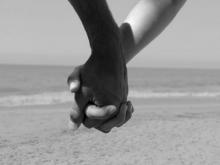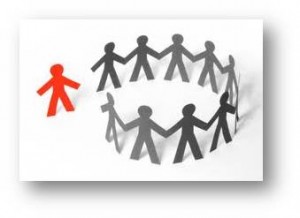Romantic Relationships in Early Recovery
Why should recovering alcoholics and addicts avoid new relationships with members of the opposite sex in the first year of recovery?
By avoiding new relationships with members of the opposite sex you also:

Avoid losing the focus on personal issues
For alcoholics and addicts, real lasting change occurs only after a long and often painful process of self discovery. This involves understanding their own addictive behaviors, repressed emotions, and destructive thought patterns. However, their denial uses the feelings and behaviors of others to avoid facing their own pain and dishonesty and from assuming responsibility for their controlling and shame-producing actions. Introducing a romantic relationship, with an intense focus on the other person, too early in recovery inevitably “short-circuits” the important process of reconnecting with self and learning to become responsible for one’s own feelings and behavior.
Romantic Relationships in Early Recovery Read More »








